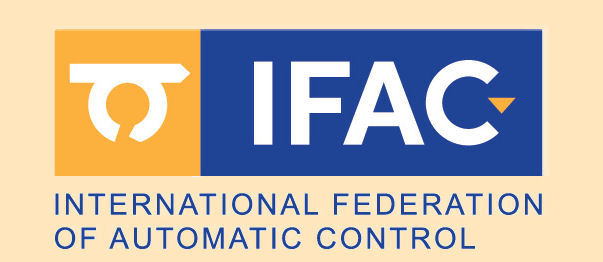| Paper ThA4.5
Wang, Bingbing (Beijing Institute of Technology), Cui, Tao (Beijing Institute of Technology), Fan, Wenhao (Beijing Institute of Technology), Chen, Long (FAW Jiefang Automobile Co., Ltd), Wang, Shangyan (Beijing Institute of Technology), Zhang, Fujun (Beijing Institute of Technology), Liu, Yongye (FAW Jiefang Automobile Co., Ltd)
MVEM Based on Back-Propagation Neural Network and Model Predictive Control of Air System
Scheduled for presentation during the Invited session "Modeling and Control of Advanced Powertrain System" (ThA4), Thursday, October 31, 2024,
11:50−12:10, Room T4
7th IFAC Conference on Engine and Powertrain Control, Simulation and Modeling, Oct 30 - Nov 1, 2024, Dalian, China
This information is tentative and subject to change. Compiled on January 29, 2026
|


 This site is protected by copyright and trademark laws under US and International law.
This site is protected by copyright and trademark laws under US and International law.